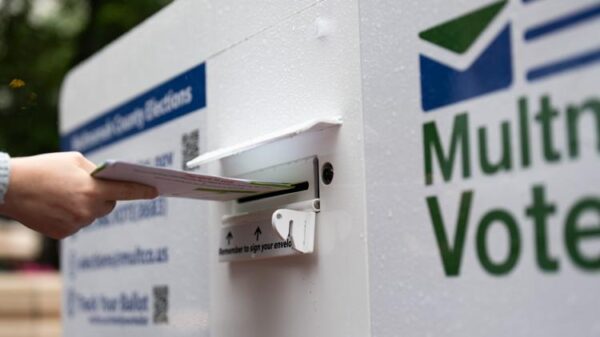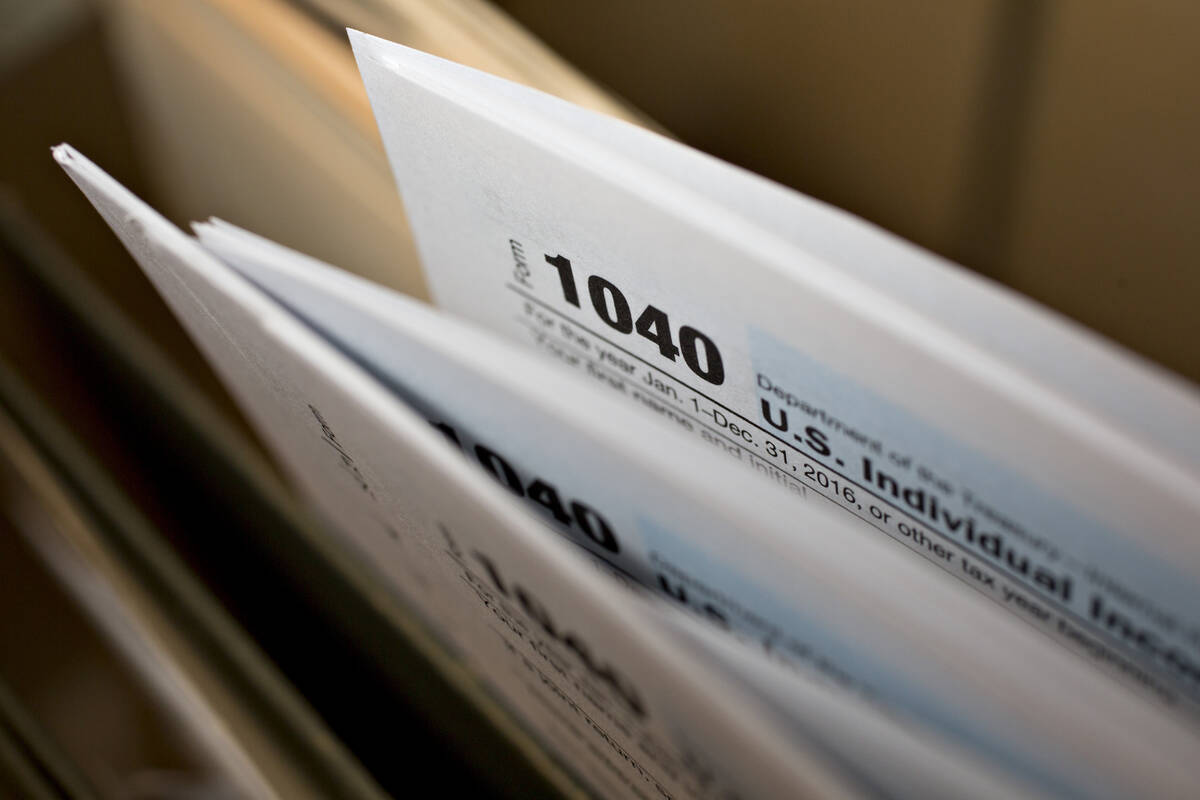The United States has a long-standing history of collecting taxes through various means, primarily excise taxes on domestic goods and tariffs on foreign imports. Prior to 1913, these methods provided sufficient revenue for the federal government, enabling significant infrastructure projects such as the transcontinental railroad and supporting military efforts that solidified the nation’s global standing.
Despite the effectiveness of these revenue sources, the introduction of the income tax has been a pivotal shift in the way the government collects funds. While the initial intention was to create a more equitable tax system, it has arguably led to unintended consequences. Critics argue that the income tax has fostered an environment where elected and appointed officials can accumulate significant wealth, often at the expense of public trust.
Historical Context of Taxation in the U.S.
Before the income tax was implemented, the U.S. government relied heavily on excise taxes and tariffs. These taxes were straightforward and targeted, allowing the government to generate revenue without imposing a direct tax on citizens’ earnings. The funds collected through these methods were instrumental in national expansion and development, contributing to improvements in infrastructure and the military.
The implementation of the income tax in 1913 marked a significant change in fiscal policy. Designed to address the growing needs of a modernizing nation, it was initially viewed as a progressive measure aimed at ensuring that wealthier individuals contributed a fair share. However, this system has evolved, leading to concerns about transparency and the motivations of public officials.
The Impact of Income Tax on Governance
The transformation brought by the income tax has sparked debate about governance and accountability. As government officials navigate the complexities of tax legislation, questions arise regarding potential conflicts of interest and the influence of wealth on political decisions. The perception that income tax policies have contributed to the enrichment of public officials is a growing concern among citizens.
Many argue that this shift has not only affected the financial landscape but has also altered the relationship between the government and its constituents. The reliance on income tax has fostered a culture where financial gain can overshadow public service, leading to skepticism about the motivations of elected representatives.
The discourse surrounding taxation in the United States continues to evolve, with calls for reforms that could restore faith in the system. Advocates for change emphasize the need for a tax structure that prioritizes fairness and transparency, ensuring that all individuals contribute equitably to the nation’s needs without enabling the personal enrichment of those in power.
In conclusion, the history of tax collection in the United States reflects broader themes of governance, accountability, and societal values. As the nation grapples with the implications of its tax policies, the ongoing debate serves as a reminder of the need for vigilance in preserving the integrity of public service and ensuring a fair taxation system for all citizens.






































































